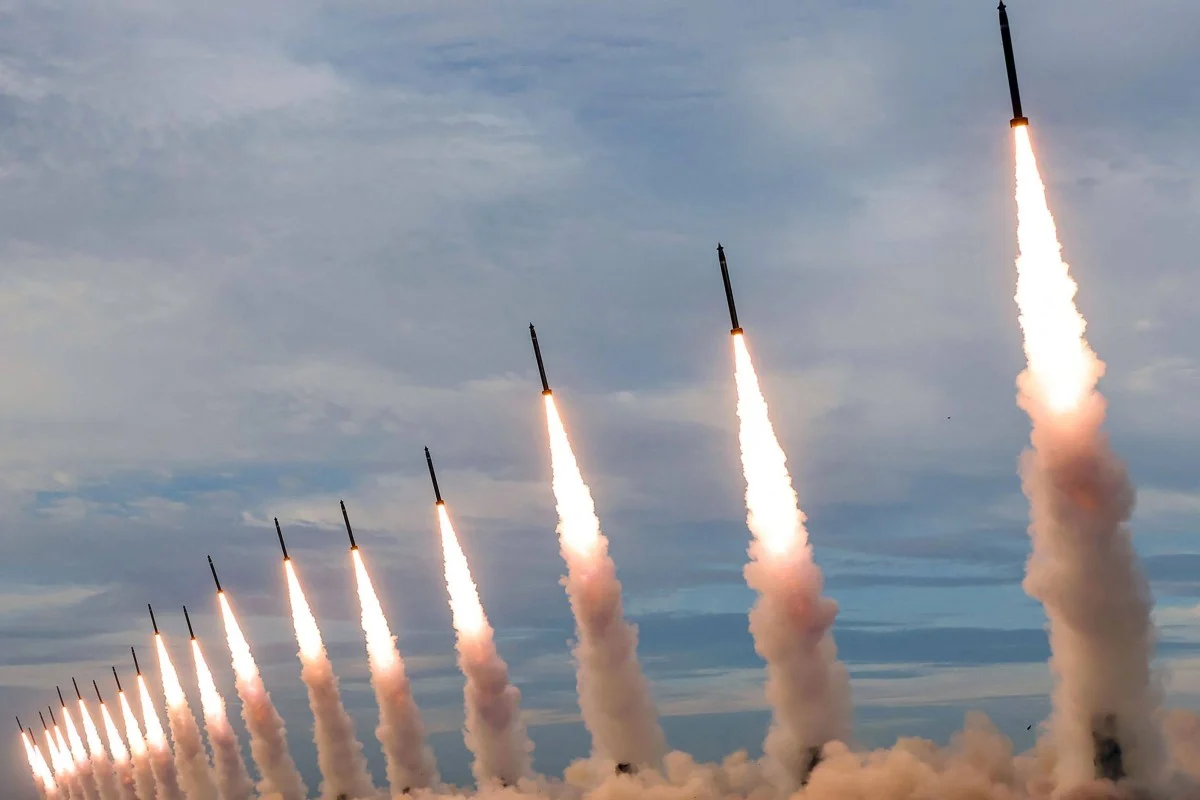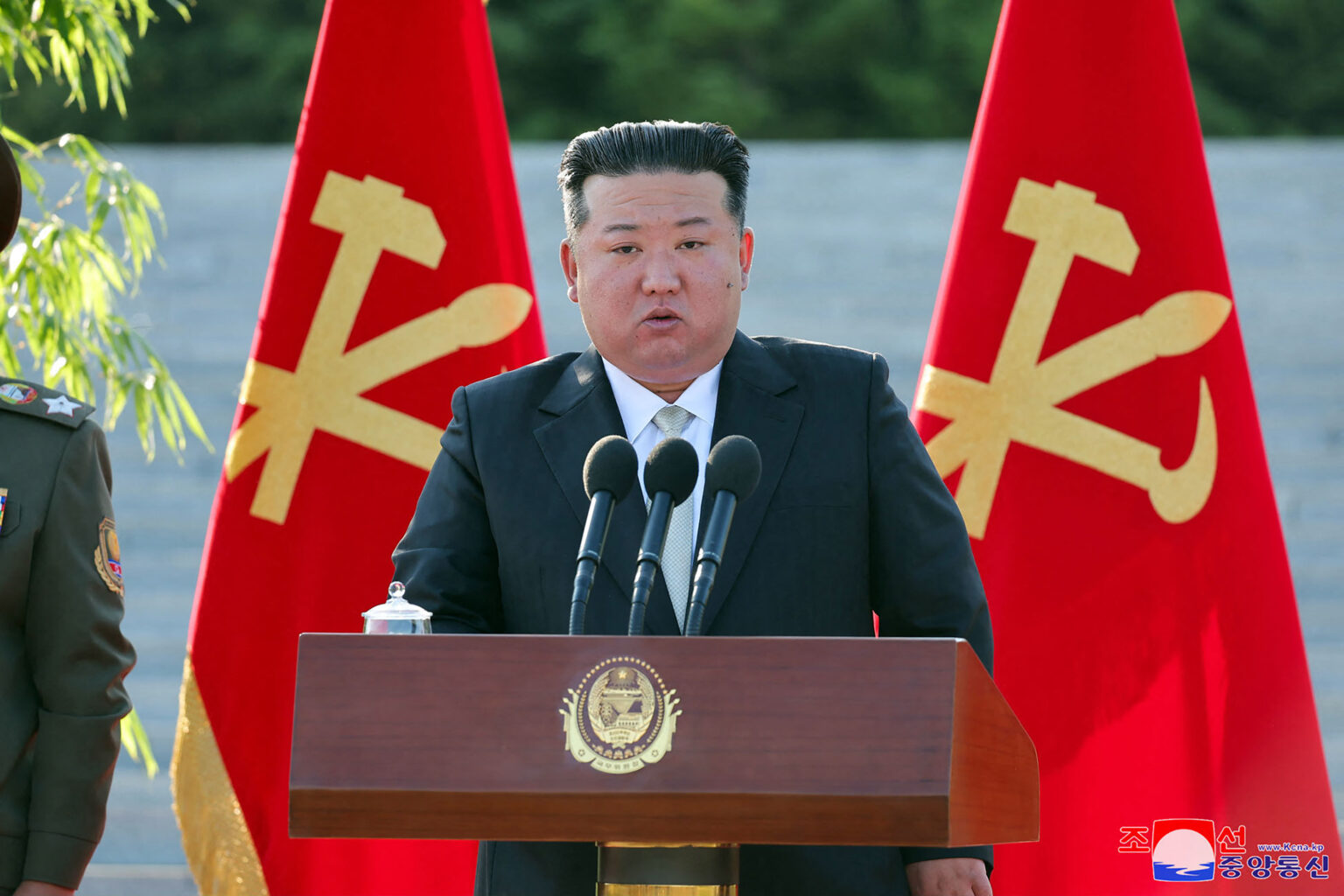
In a provocative display of military might, North Korean leader Kim Jong Un has overseen firing drills involving the country’s nuclear-capable “super-large” multiple rocket launchers. The exercises were specifically designed to demonstrate North Korea's capability to carry out preemptive attacks on its rival, South Korea. The North's Korean Central News Agency (KCNA) reported on Friday that Kim personally supervised the drills, underscoring the regime's commitment to showcasing its military prowess.

The timing of these drills is significant, coming shortly after a failed spy satellite launch by North Korea and a South Korean aerial exercise. KCNA suggested that the drills were conducted in response to the South Korean exercise, portraying them as a direct reaction to perceived provocations from the South. Kim Jong Un, quoted by KCNA, emphasized that the drills served as a warning to North Korea's adversaries, highlighting the potential consequences they would face if they provoked the nation.
The firing drills featured North Korea's "super-large" multiple rocket launchers, which are believed to be capable of carrying nuclear payloads. The use of such weapons underscores North Korea's continued investment in its ballistic missile program despite international sanctions and condemnation. For Kim Jong Un, the demonstration of military strength serves both domestic and international purposes. Domestically, it reinforces his image as a strong and capable leader, crucial for maintaining control over the regime and quelling internal dissent. Internationally, it sends a message of defiance to North Korea's adversaries, particularly the United States and South Korea.
The tense relationship between North and South Korea has been marked by sporadic military provocations and heightened rhetoric in recent years. The Korean Peninsula remains one of the world's most volatile flashpoints, with the potential for conflict ever-present. While diplomatic efforts have occasionally led to de-escalation and dialogue, the underlying tensions persist, fueled by North Korea's pursuit of nuclear weapons and ballistic missile technology.
The firing drills supervised by Kim Jong Un are just the latest in a series of military activities undertaken by North Korea to assert its dominance and deter potential adversaries. Despite diplomatic overtures and calls for dialogue from the international community, North Korea has consistently emphasized its right to self-defense and sovereignty, often using military demonstrations as a means of bolstering its position.
The implications of North Korea's actions extend beyond the Korean Peninsula, affecting regional stability and global security. The regime's pursuit of nuclear weapons and ballistic missiles poses a direct threat to neighboring countries and raises concerns about nuclear proliferation and arms control. Efforts to address these challenges through diplomatic means have yielded limited results, highlighting the complexities of dealing with the North Korean regime.
As tensions persist and military activities continue, the international community faces the daunting task of managing the North Korean threat while pursuing avenues for peace and stability in the region. The firing drills supervised by Kim Jong Un serve as a stark reminder of the ongoing security challenges posed by North Korea and the urgent need for concerted diplomatic efforts to address them.











